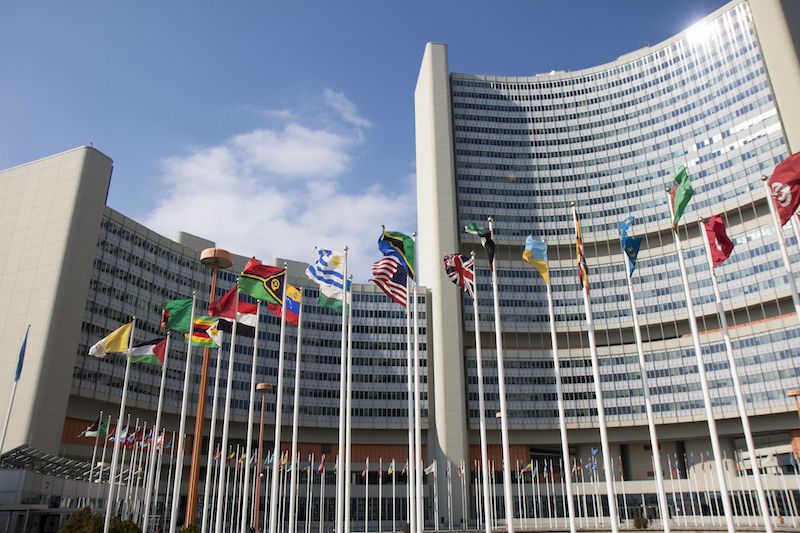The Bank of Industry has accepted to drive awareness creation for the United Nations Industrial Development Organisation (UNIDO) desire to improve the Nigerian economy’s competitiveness by helping Nigerian manufacturers and exporters achieve international standards.
The Bank’s Executive Director for Business Development, Mr. Waheed Olagunju, who represented the Managing Director, Mr. Rasheed Olaoluwa, consented on behalf of the bank to the request from UNIDO’s Country and West Africa Director, Dr. Patrick Kormawa to provide sensitisation and promotion support to the initiative at the first ever Meeting with Organised Private Sector on the National Quality Infrastructure Project for Nigeria.
The meeting, which was held at the instance of the Country and West Africa Director, UNIDO, Dr. Patrick Kormawa, is another initiative by UNIDO to put in place in the country, a globally acceptable standard which will help to eliminate (or reduce at worst) inhibitions to the country’s businesses enjoying the benefits of domestic, regional and international trade.
Mr. Olagunju stated that the Bank was keen on the arrangement because it represented a “win-win” situation for the bank since it helped to address one of the major hindrances to accessing the Bank’s funds, while aiding to create an environment conducive for the success of the Nigerian Industrial Revolution Plan (NIRP) and the National Enterprise Development Plan (NEDEP) launched recently by the Federal Government, since no economy could succeed in achieving competitiveness without sticking to globally acceptable standards.
He also added that SMEs-customers of the bank also stood to gain from the initiative because adherence to standards was one of the requirements of the bank, which was introduced both to safeguard the bank’s investment as well as ensure that the customer remained viable.
UNIDO, through Dr. Kormawa, had hinted that their hopes were that the initiative, which is expected to run from 2013 – 2017, would produce legislation that will contain a national quality policy, establish an internationally recognised National Accreditation Body that will vet the activities of regulatory agencies in the country such as SON and NAFDAC, develop a National Metrology Institute to ensure that instruments are of international standards, improve the capacity of the OPS to conform to standards as well as establish conformity assessment bodies, and enhance the powers of the Consumer Protection Council and other consumer organisations to sensitise consumers on quality standards as well as ensure improved consumer protection.
This, it is expected, will improve findings from a recent UNIDO survey which showed that the ratio of non-compliance to standards in Nigeria was moderate and that for the time being, the image of made-in-Nigeria products was fair.

